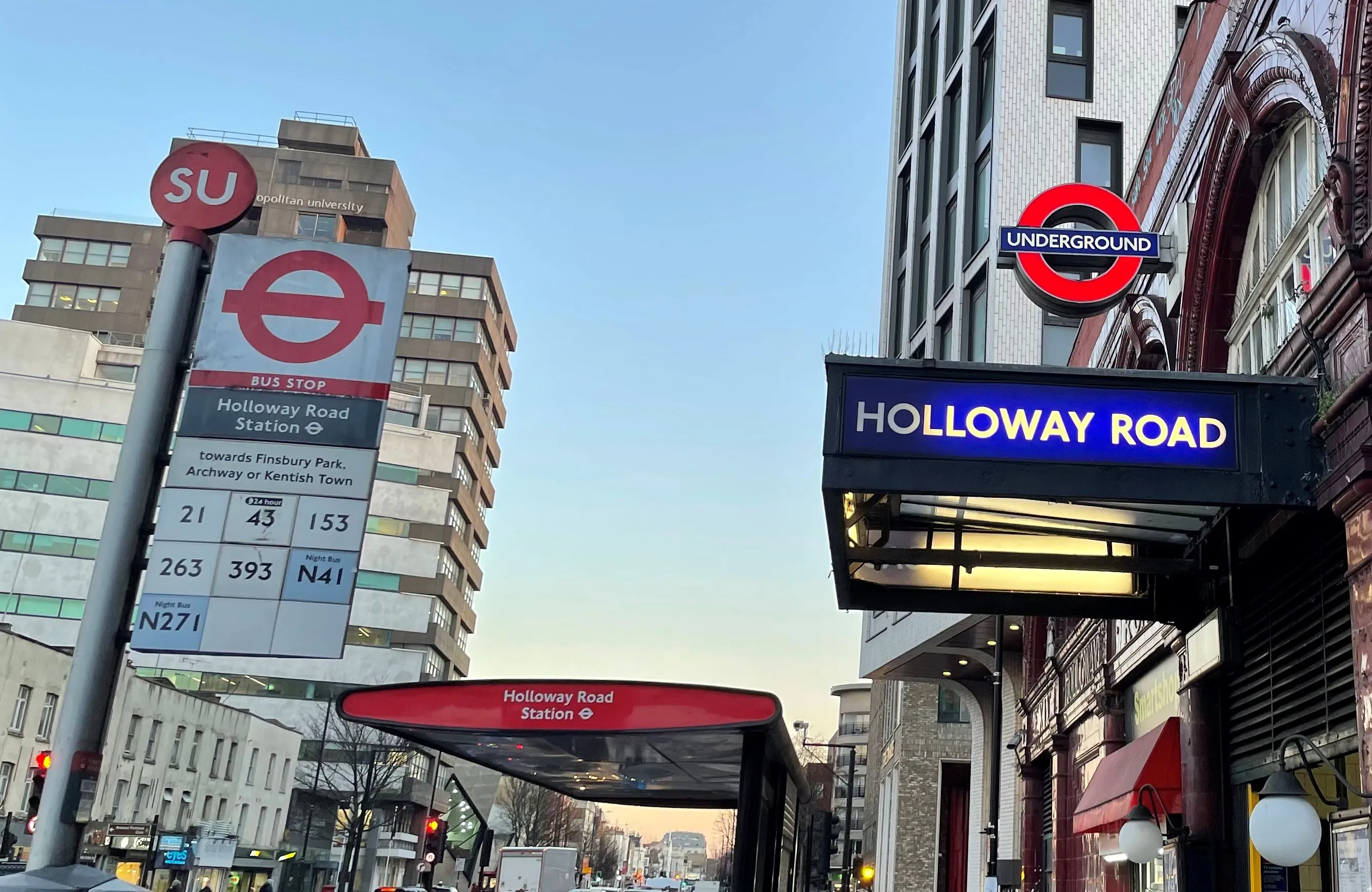Singapore’s Land Transport Authority (LTA) has awarded a consortium of ST Electronics and Trapeze Switzerland a contract to supply, install and commission an Intelligent Bus Management System with a total value of about US$54 million.
Currently, both local transport operators, SBS Transit and SMRT, use separate bus fleet management systems to manage their daily bus operations and provide bus arrival information to commuters.
This new system will provide a unified solution for operations control, fleet
April 10, 2014
Read time: 2 mins
Singapore’s 918 Land Transport Authority (LTA) has awarded a consortium of 5151 ST Electronics and 629 Trapeze Switzerland a contract to supply, install and commission an Intelligent Bus Management System with a total value of about US$54 million.
Currently, both local transport operators, SBS Transit and5465 SMRT, use separate bus fleet management systems to manage their daily bus operations and provide bus arrival information to commuters.
This new system will provide a unified solution for operations control, fleet management, passenger information and business management for LTA and the two public transport operators. The data provided by the new system will also allow LTA to have a better understanding of the different routes, and how they need to be managed.
The newest on-board computers and touch terminals will be installed on all buses to aid bus drivers with traffic information and advisories on adherence to route schedules within the transport network. The system will be implemented progressively from end 2015.
Group director, Innovation and Infocomm Technology, LTA, Mrs Rosina Howe said, “Since early 2013, we have been working with both SBST and SMRT to define a unified transport control system which is able to relay real-time information to the operation control centres, bus drivers and commuters. This will be an intelligent system capable of providing timely advisories to bus drivers through touch screens, enabling better optimisation of the fleet resources by despatching buses to where they are needed and disseminating more accurate bus arrival timing to benefit commuters. With more accurate bus arrival information, commuters can better plan their journeys and travel options.”
Currently, both local transport operators, SBS Transit and
This new system will provide a unified solution for operations control, fleet management, passenger information and business management for LTA and the two public transport operators. The data provided by the new system will also allow LTA to have a better understanding of the different routes, and how they need to be managed.
The newest on-board computers and touch terminals will be installed on all buses to aid bus drivers with traffic information and advisories on adherence to route schedules within the transport network. The system will be implemented progressively from end 2015.
Group director, Innovation and Infocomm Technology, LTA, Mrs Rosina Howe said, “Since early 2013, we have been working with both SBST and SMRT to define a unified transport control system which is able to relay real-time information to the operation control centres, bus drivers and commuters. This will be an intelligent system capable of providing timely advisories to bus drivers through touch screens, enabling better optimisation of the fleet resources by despatching buses to where they are needed and disseminating more accurate bus arrival timing to benefit commuters. With more accurate bus arrival information, commuters can better plan their journeys and travel options.”









